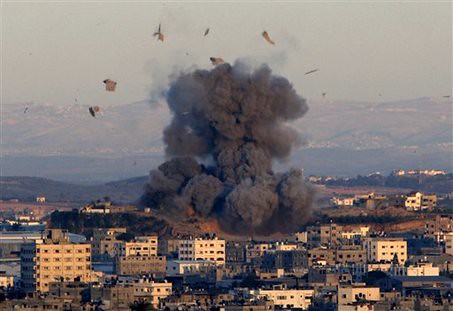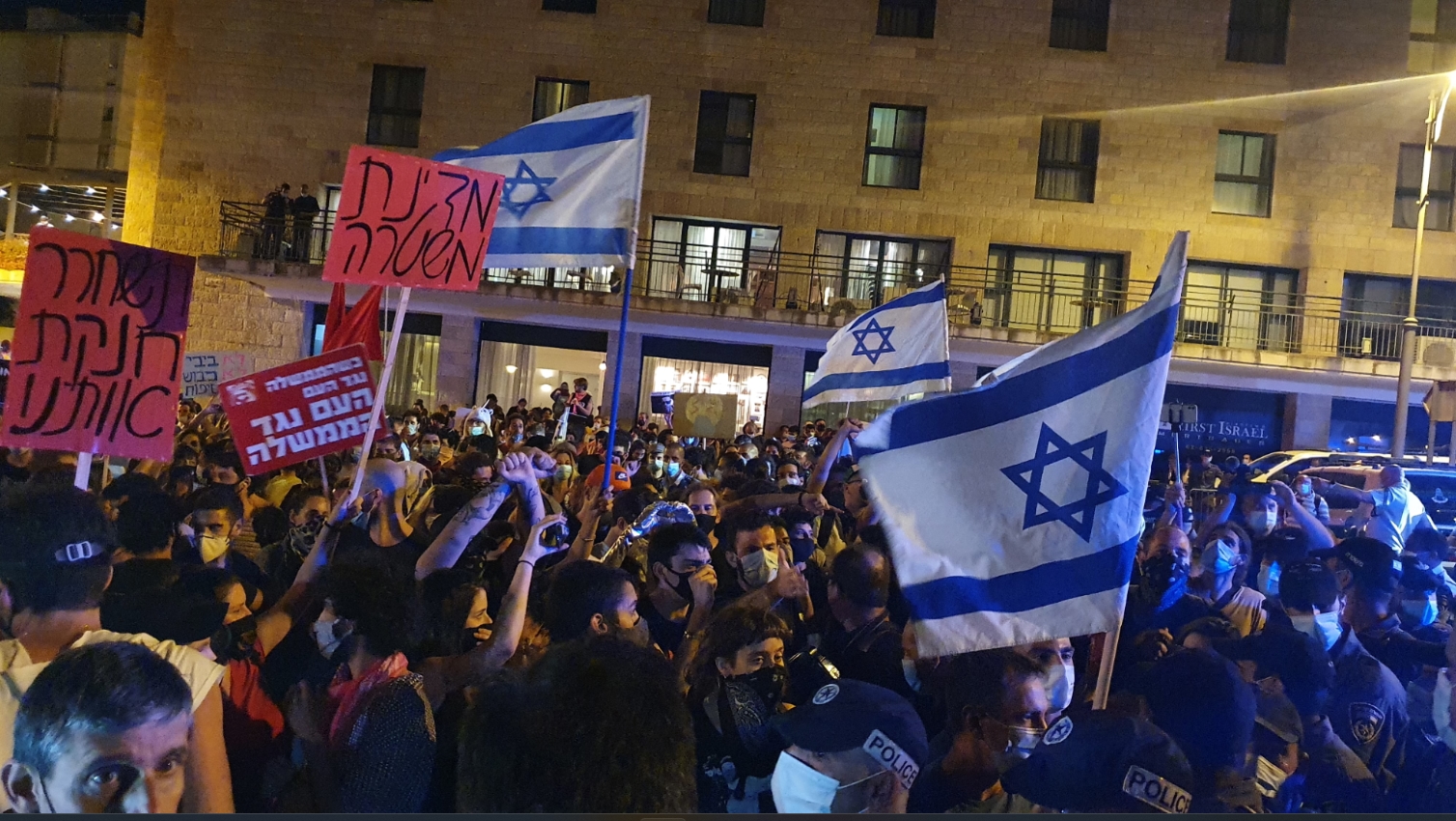Netanyahu’s Hour of Reckoning
Along with Türkiye, Israel is one of the two countries in the Middle East where democracy works and state institutions are well-established. Or at least it used to be. Since 2009, with the exception of the one-and-a-half-year governments of Naftali Benett and Yair Lapid in 2021-22, Israel has been in Netanyahu’s vortex for nearly 13 years, and the depth of its effects was demonstrated by the surprise attack by Hamas militants on October 7. Significantly, although the majority of Israeli citizens who voted for Bibi did so because of security concerns, the Prime Minister left these concerns unanswered. The battle that began on October 7 is hard to predict when it will end, but whatever the outcome, Netanyahu’s time will come and the power of the Israeli judiciary will be applied to Bibi in the same way it has been applied to many prominent Israeli politicians in the past.
New Yom Kippur
This year marks the 50th anniversary of the 1973 Yom Kippur War. Egypt’s attack caught the Israeli government off-guard, and although Egypt lost on the ground, it profited diplomatically. The judiciary of the State of Israel is very sensitive to wars and conflicts. After the war, the Agranat Commission was established to investigate the lack of coordination and failure and Prime Minister Golda Meir was forced to resign. The events of October 7 are very similar to Yom Kippur in the way they unfolded, as the Israeli army and intelligence were in a state of complacency going into that period, and Israel came out of that war with a lot of casualties.

Netanyahu’s Erosion of State Structure
First of all, it is clear that Netanyahu’s first 10 months have disappointed many people. Just before the election, the prime minister attacked the Israeli judiciary, plunging a country like Israel, surrounded by threats on all four sides, into internal division and leaving both state structures and intelligence to deal with the mess Netanyahu has created. In addition, Netanyahu, like all other right-wing populist leaders, seems to have further radicalized the right. However, the impact of this radicalization on Israeli domestic politics has been a disaster, and it has not strengthened Israel’s hand either in the West Bank or in Gaza. Besides, There are two diametrically opposed trends on both the Palestinian and Israeli sides. On the Palestinian side, Palestinian nationalism has been on the rise for a long time, while in Israel there is a growing right-wing wave, especially since 2018-19.
This far-right Israeli electorate went after Netanyahu mainly because they were concerned about security, both in the surrounding Arab states and in Hamas-controlled Gaza, and if this was to be achieved, it could only be done by Bibi. As October 7 made clear, Netanyahu has accomplished little in his 10 months in power other than polarizing the country. IDF outposts on the Gaza border were easily taken over by Hamas militants, kibbutzim were razed to the ground and the people in the kibbutzim were taken hostage. Most tragically, the Israeli army was unable to enter these areas for 12 hours.

What is Next?
At the moment, the Israeli army is preparing for a large-scale ground offensive, and northern Gaza has been subjected to intense bombardment. The events of the last week, especially the hospital bombing, will cause the Israeli government and the IDF generals a lot of trouble both inside and outside Israel. The hospital incident in particular poses a very serious problem for the Netanyahu government, because Israel has not yet presented any evidence to the UN that it was not carried out by Israel, and no independent UN commission has been established to investigate it. The fact that some pro-Israel media outlets have also reported that the attack was carried out by Hamas is therefore of little significance. It is naive to believe that the Israeli judiciary, which Netanyahu is trying to eliminate, will not be able to judge Netanyahu regardless of the outcome of the war. The Israeli judiciary will begin to account for all that happened after the war. Of course, the main focus will not be on Israel’s war crimes, but on the negligence and unpreparedness of the Netanyahu government. However, when the Israeli judiciary is combined with other legal processes in the region, it could pave the way for Netanyahu to be prosecuted internationally.





Comments